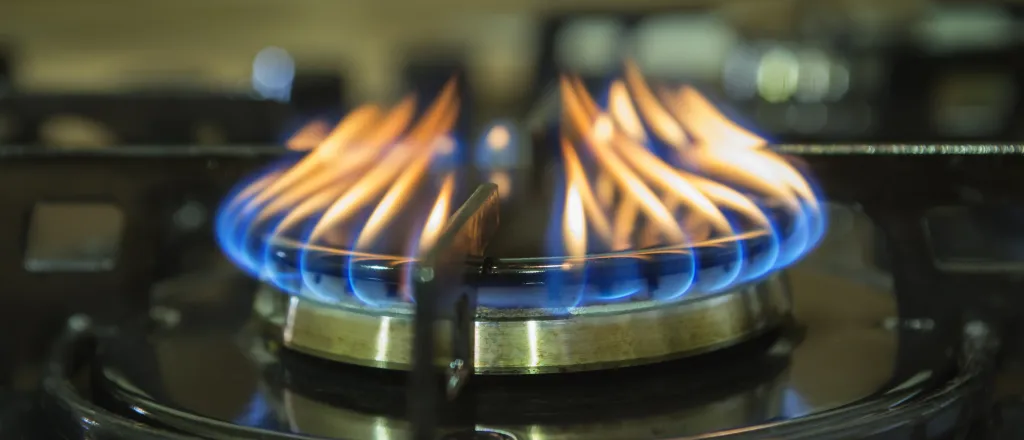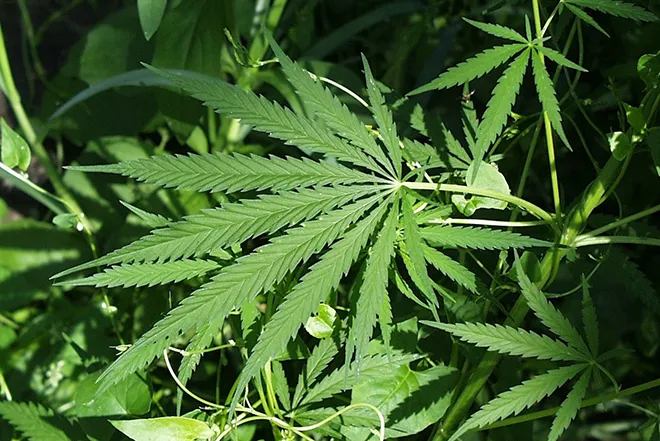
Environmental groups discourage U.S. use of liquified natural gas
© iStock - FotoCuisinette
Click play to listen to this article.
(Virginia News Connection) The U.S. is reconsidering its use of liquefied natural gas. While it has long been touted as a "clean alternative" to fossil fuels like coal, it has similar impacts in terms of emissions.
Research has indicated if all gas export facilities proposed or now being built move forward, the emissions would equal those of 539 coal-fired power plants. Dominion Energy is proposing adding liquefied natural gas storage to serve its Brunswick-Greensville Storage Facility.
Jamie Henn, director of Fossil Fuel Media, said importing liquefied natural gas opens America up to an unstable global market.

"It means that instead of generating clean renewable energy here at home, which we control -- if you have a solar panel on your roof, you're getting that electricity directly -- instead, we're really reliant on a really dynamic, fluctuating market at the global level," Henn pointed out.
Recently, the Biden Administration paused a decision on whether to approve Calcasieu Pass 2, the country's largest liquefied natural gas terminal. The terminal would ship up to 24 million tons of gas annually, mostly to foreign markets. The Biden administration cited a five-year-old Environmental Impact Statement as the reason for delaying the decision.
But some states have sought to keep these plants open at any cost. Texas has raised pollution limits for the Cheniere liquefied natural gas plant. As of 2022, the facility was allowed to release more than 350 tons of volatile organic compounds, twice the limit Texas set in 2014.
Henn described some environmental impacts liquefied natural gas can have on nearby communities.
"At the same time they have a big impact on the environment, both through dumping toxins into local waterways; actually heating up the water around the facility so that wildlife can't thrive there," Henn outlined. "Then obviously the construction of them, and dredging all the canals to allow these ships, is a big deal."
He added air pollution from liquefied natural gas exposure can have health effects, including headaches, coughing and dizziness. Longer-term exposure can lead to more serious concerns, from heart disease and cancer to damage to people's reproductive systems and internal organs.

















